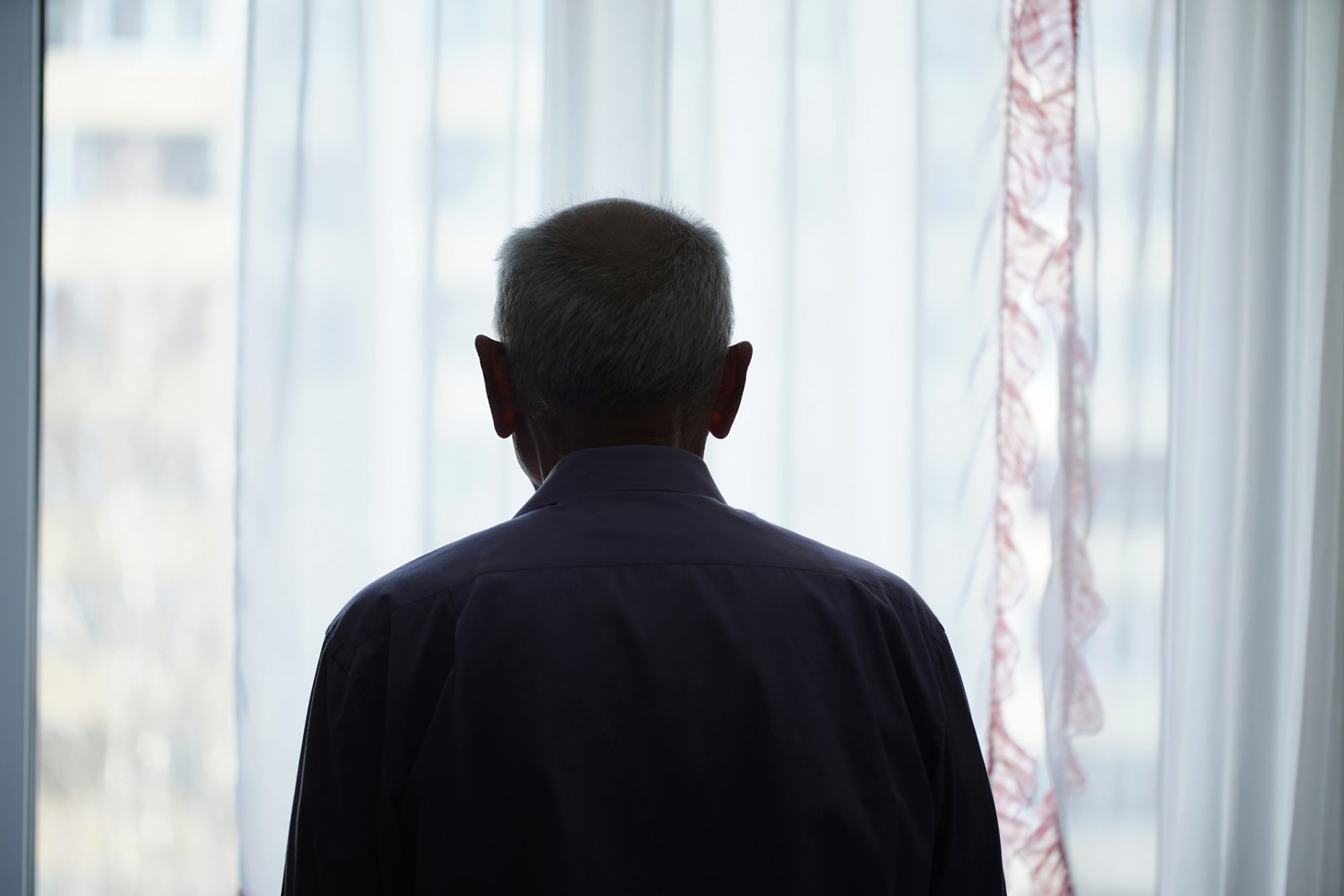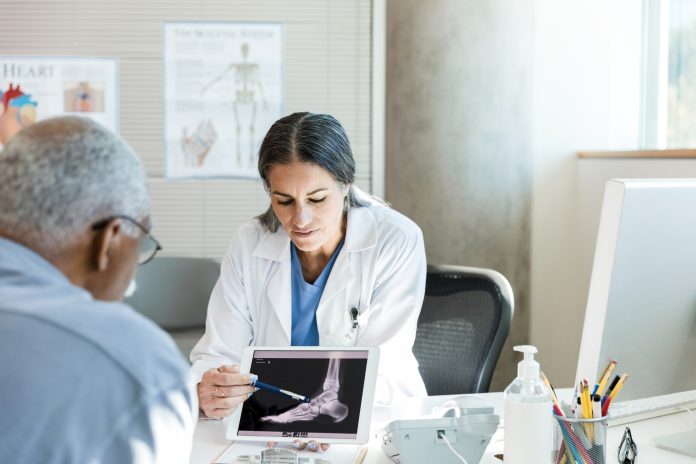Researchers revealed that social isolation negatively impacts male bone quality, highlighting its risk factor to older adults
Revealed at ENDO 2023, a conference of Endocrine Society – a professional organisation dedicated to advancing the field of endocrinology, the new discovery highlights the importance of social interactions, especially for men.
The field of endocrinology, represented by the Endocrine Society, plays a crucial role in addressing pressing health problems, ranging from diabetes and obesity to infertility, bone health, and hormone-related cancers.
Lead researcher Dr. Rebecca Mountain from the MaineHealth Institute for Research in Scarborough, Maine, emphasizes that social isolation is a potent form of psychosocial stress and a growing public health concern.
Social isolation is a potent form of psychosocial stress and a growing public health concern.
Even prior to the COVID-19 pandemic, which significantly increased the prevalence of isolation and loneliness, researchers had been concerned about a rising “epidemic of loneliness.”
It is well-documented that social isolation is associated with an increased risk of various health conditions, including mental health disorders, and higher overall rates of illness and mortality.
The “epidemic of loneliness”: Social isolation affects bone health differently by gender
Dr. Mountain notes that previous clinical research has established psychosocial stressors and subsequent mental health disorders as major risk factors for osteoporosis and fractures, which disproportionately affect older adults.
However, the specific effects of social isolation on bone health have not been thoroughly investigated.
In a recent study, adult mice were subjected to either social isolation (one mouse per cage) or group housing (four mice per cage) for four weeks.
Interestingly, the researchers found that social isolation caused significant reductions in bone quality, including reduced bone mineral density, in male mice but not in female mice.
These findings suggest that social isolation may operate through different mechanisms or on a different timescale in female mice.

Translating findings to human populations
Dr. Mountain highlights the need for future research to better understand how these findings can be translated to human populations.
While the study was conducted on mice, further exploration is required to determine the extent of social isolation’s impact on human bone health.
In addition to analysing the effects of social isolation in human datasets, Dr. Mountain’s research team plans to investigate the mechanisms underlying how social isolation contributes to bone loss using mouse models.
Addressing long-term health impacts of social isolation
The research conducted by Dr. Mountain and her team provides critical insights into the effects of isolation on bone health.
This knowledge holds significant clinical implications, especially as we grapple with the long-term health impacts resulting from the rise in social isolation associated with the COVID-19 pandemic.
Understanding the detrimental effects of social isolation on bone health can help healthcare professionals develop strategies to mitigate these risks and promote overall well-being.











